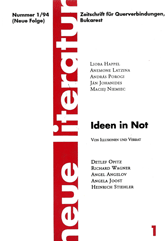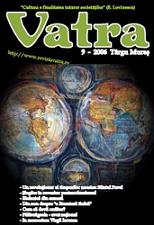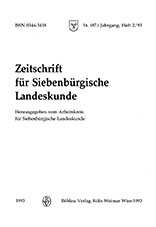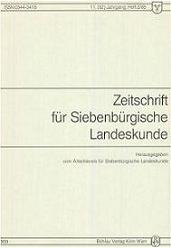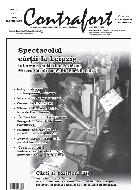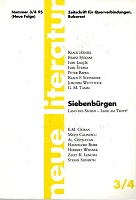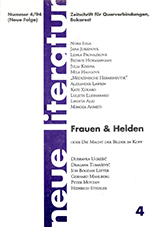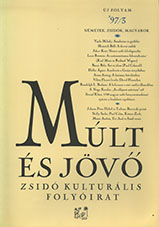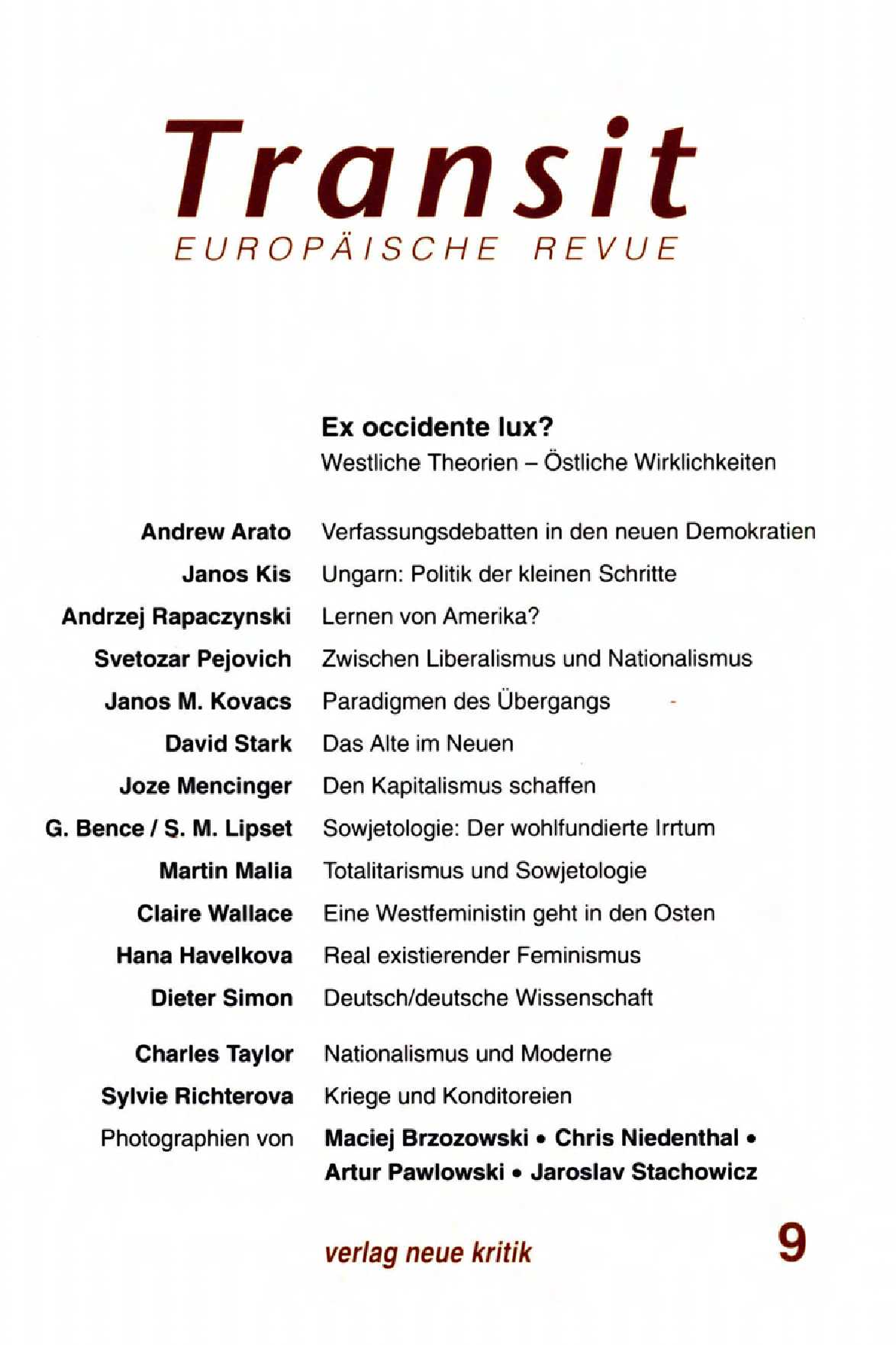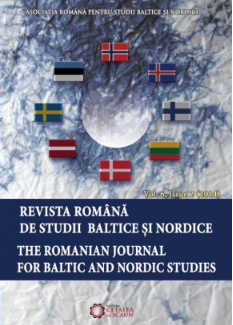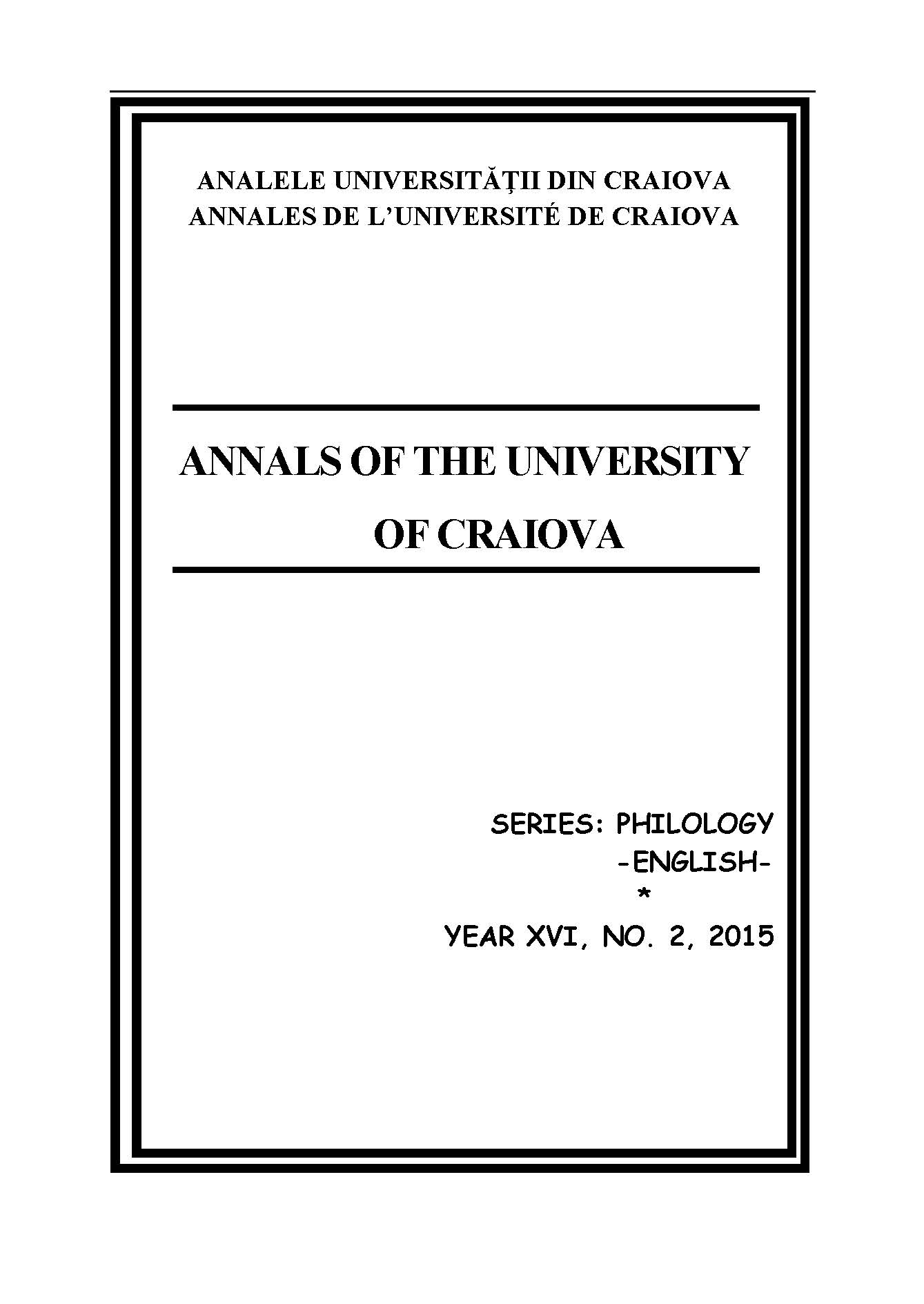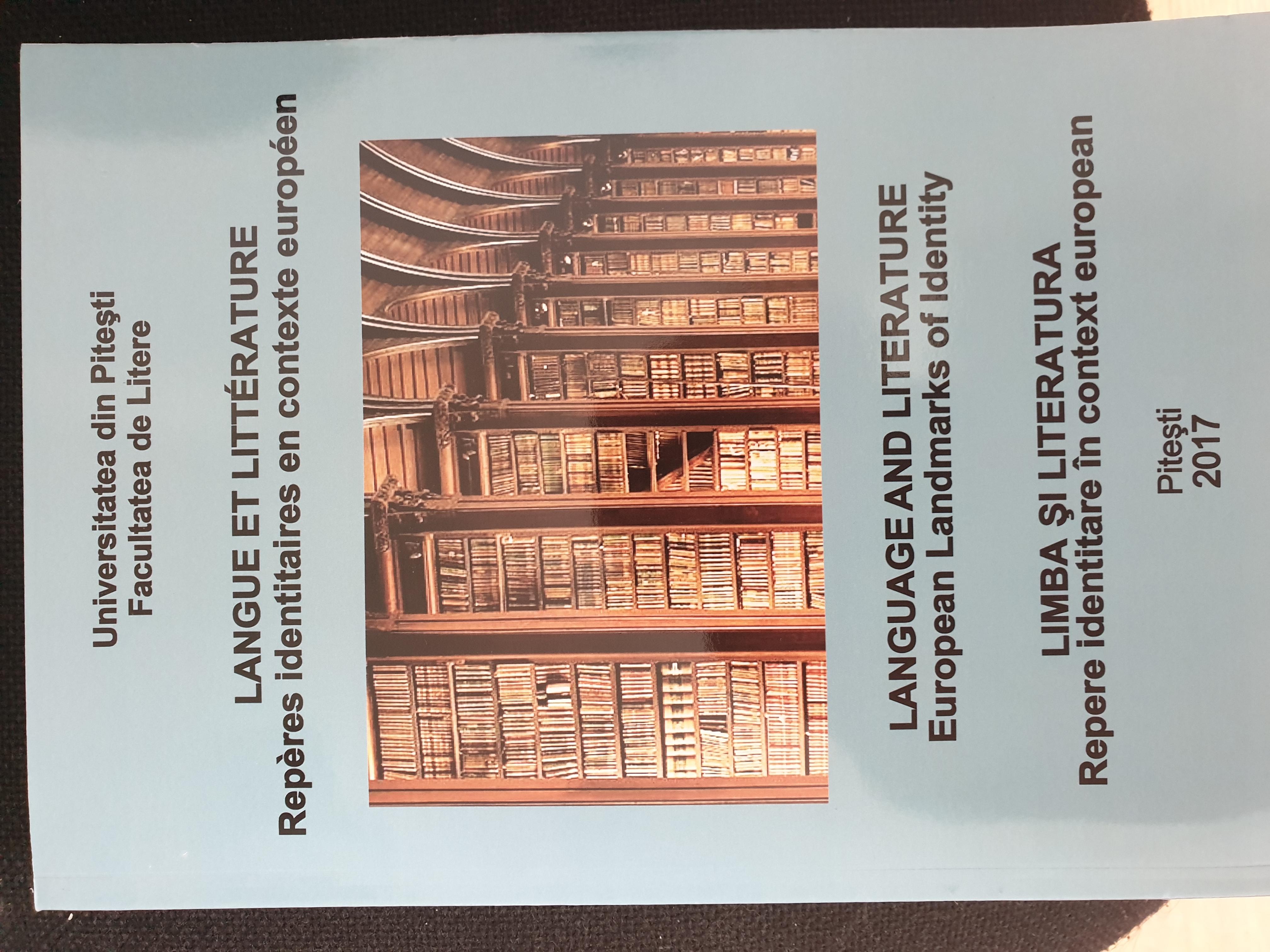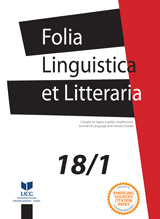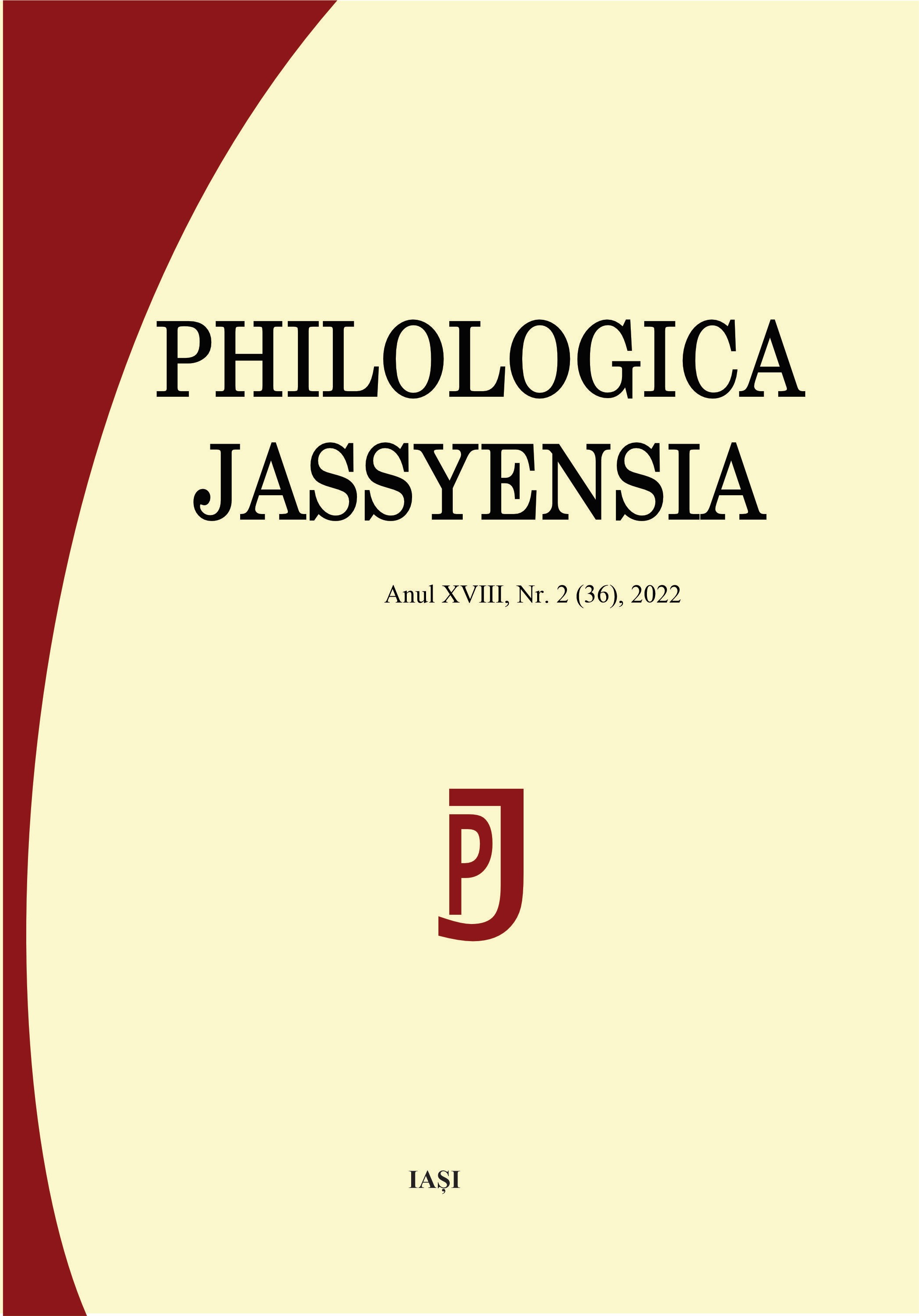My file
Author(s): Steinar Lone / Language(s): English,Romanian
/ Issue: 2/2015
Keywords: student life;Securitate;secret services;
The Western European impressions of the Romanian communist state are that the secret police, Securitatea, were everywhere and controlled everything. As a foreign - Norwegian - student in Romania in 1978-79, I did not really care. When the archives were opened, it turned out that my roommate at the students' hostel had in fact a file of some 500 pages -- also covering later years. That file contained photos of him -- and myself, and a reference to my own file. In October 2009, I saw my file at the Romanian Securitate, from the period when I was a student in Bucharest in 1978-1979. This turned out to have only 20 pages. However, both my roommate's story, which he used as raw material for a book ('Verdacht.' Mijn Securitatedossier, Uitgeverij Atlas, Amsterdam/Antwerpen 2009, ”Suspect.” Dosarul meu de la Securitate, Editura Trei, Bucureşti 2013), and my own story provide some insight into what the Securitate did - and did not. Horrible as the system was, and of course with fatal consequences for millions of innocent people, my conclusion is that they did not deserve their pay.
More...
